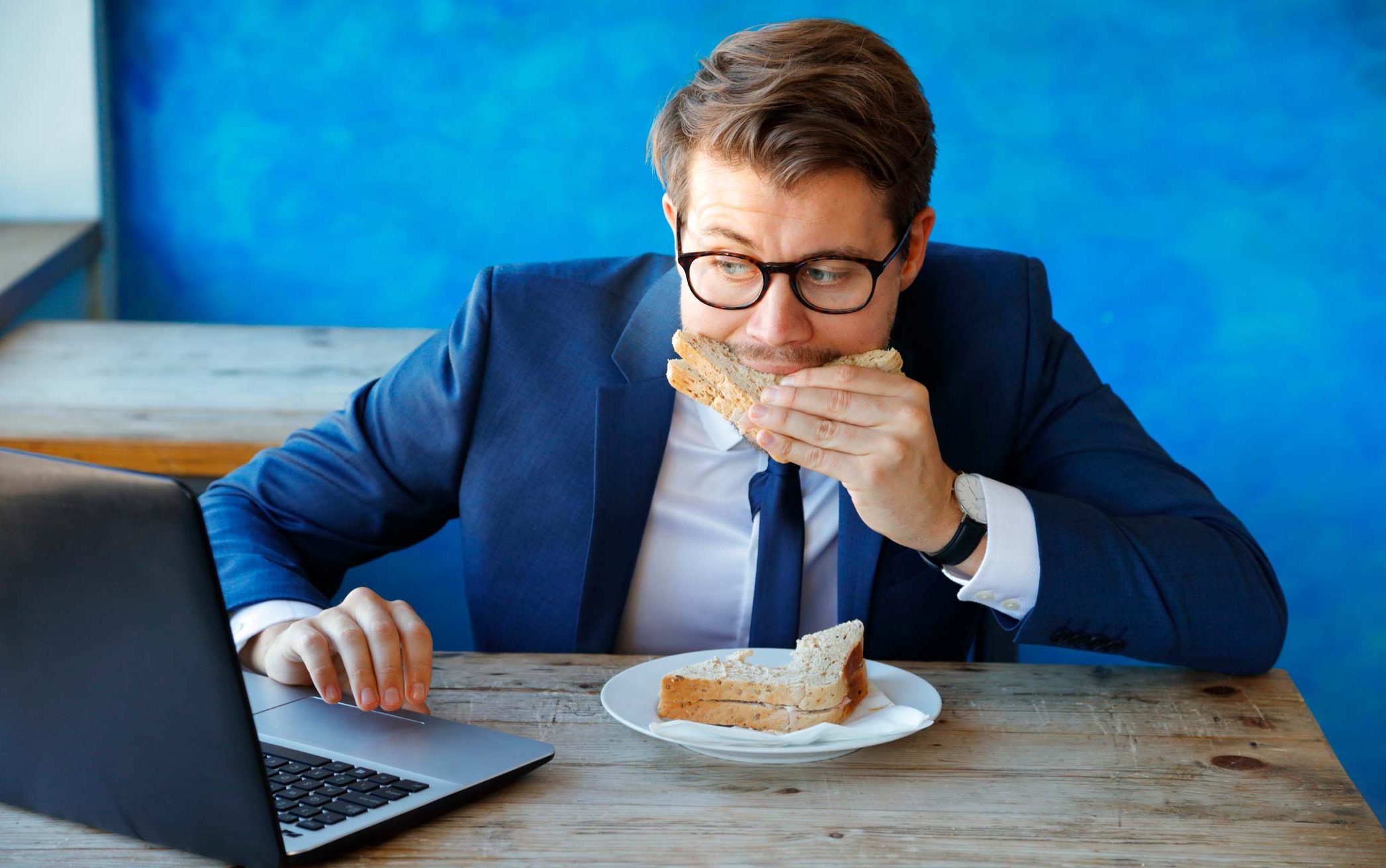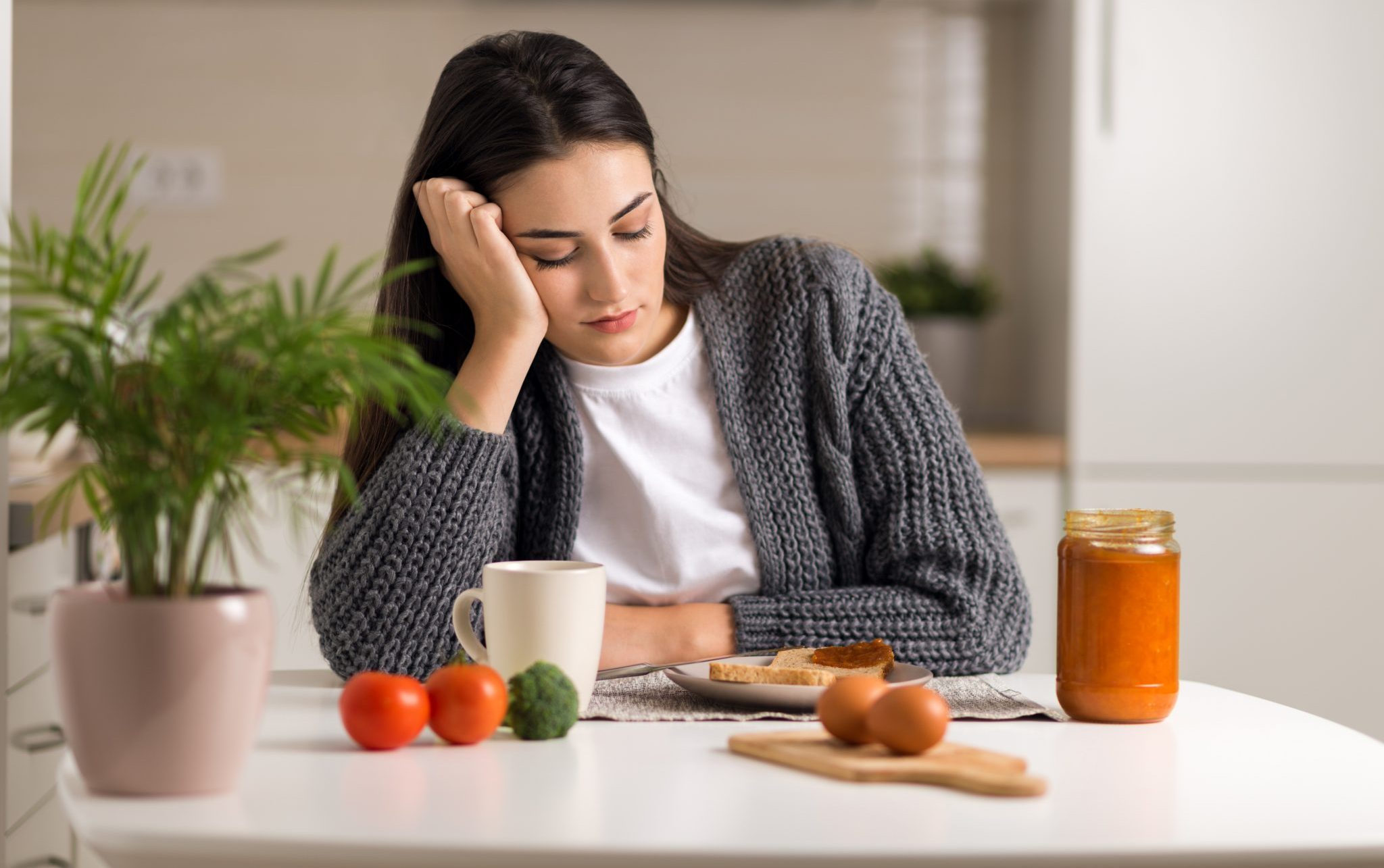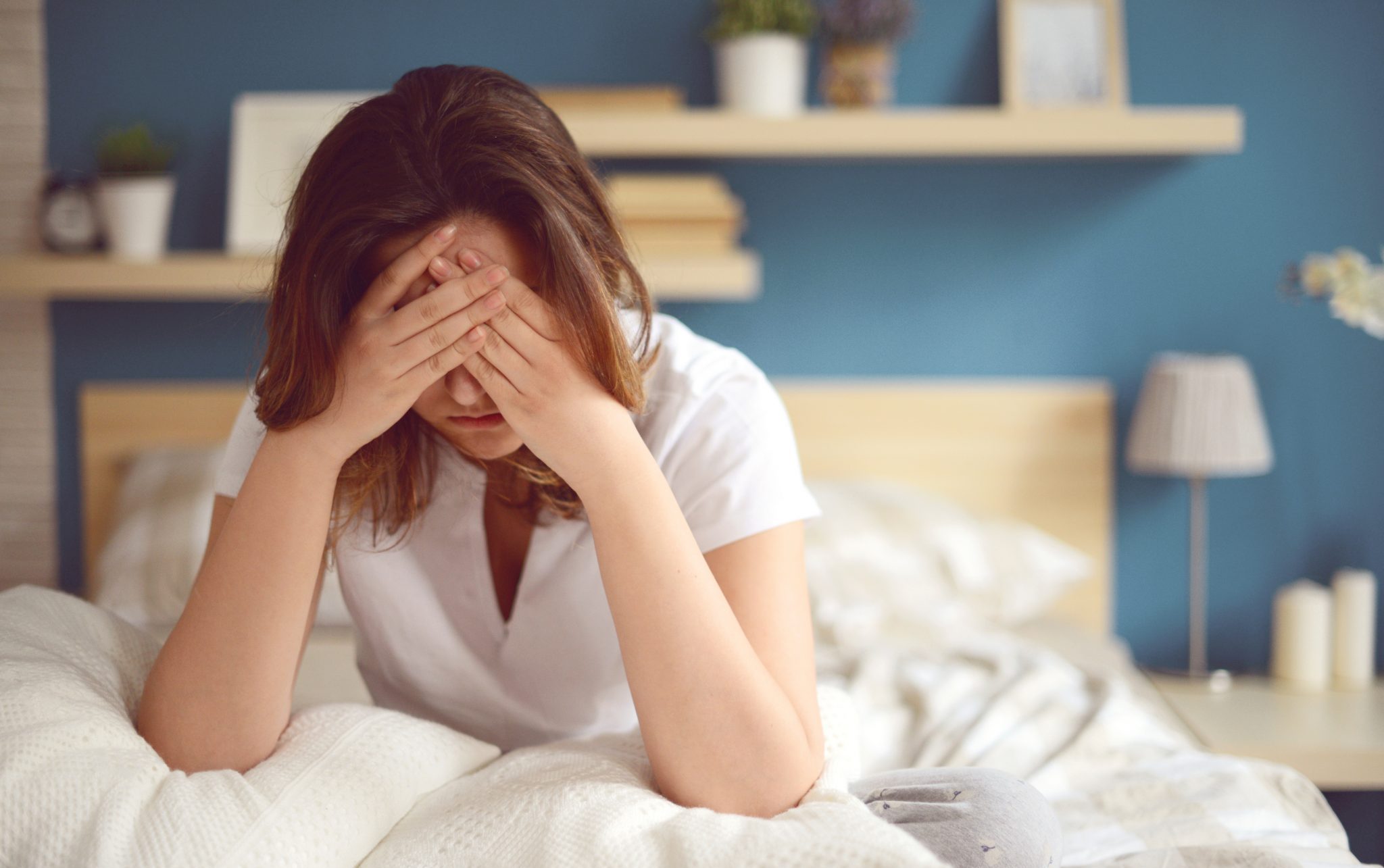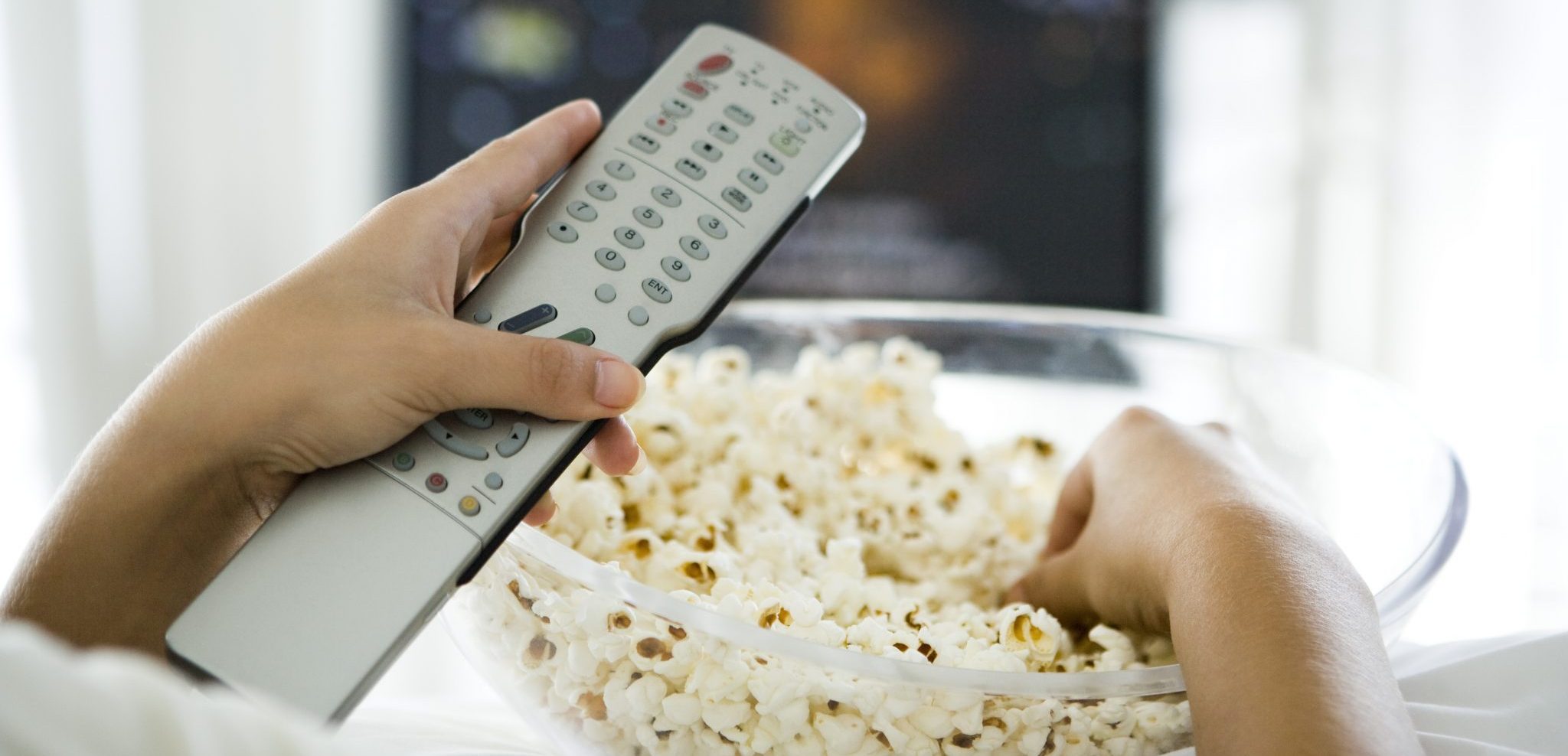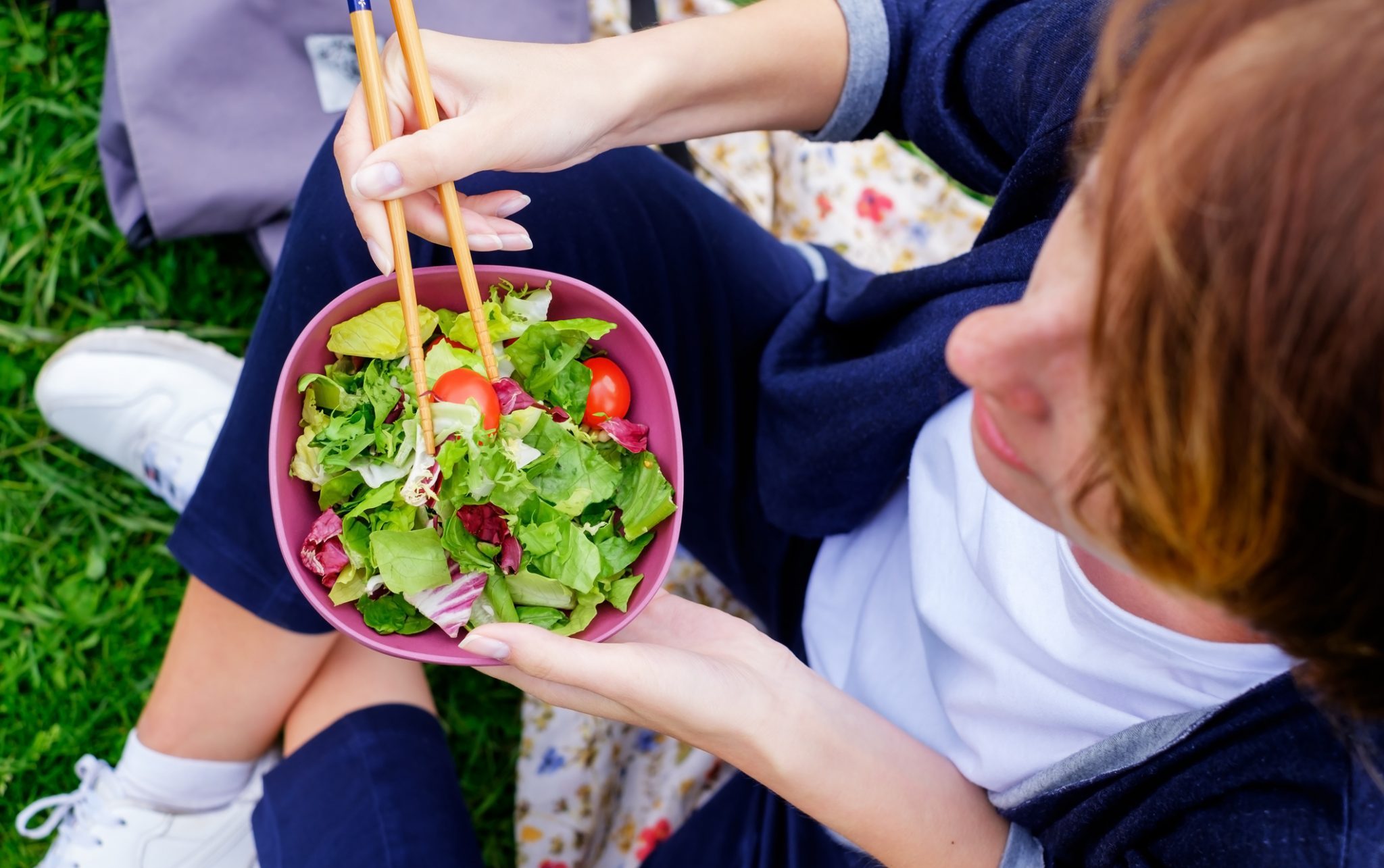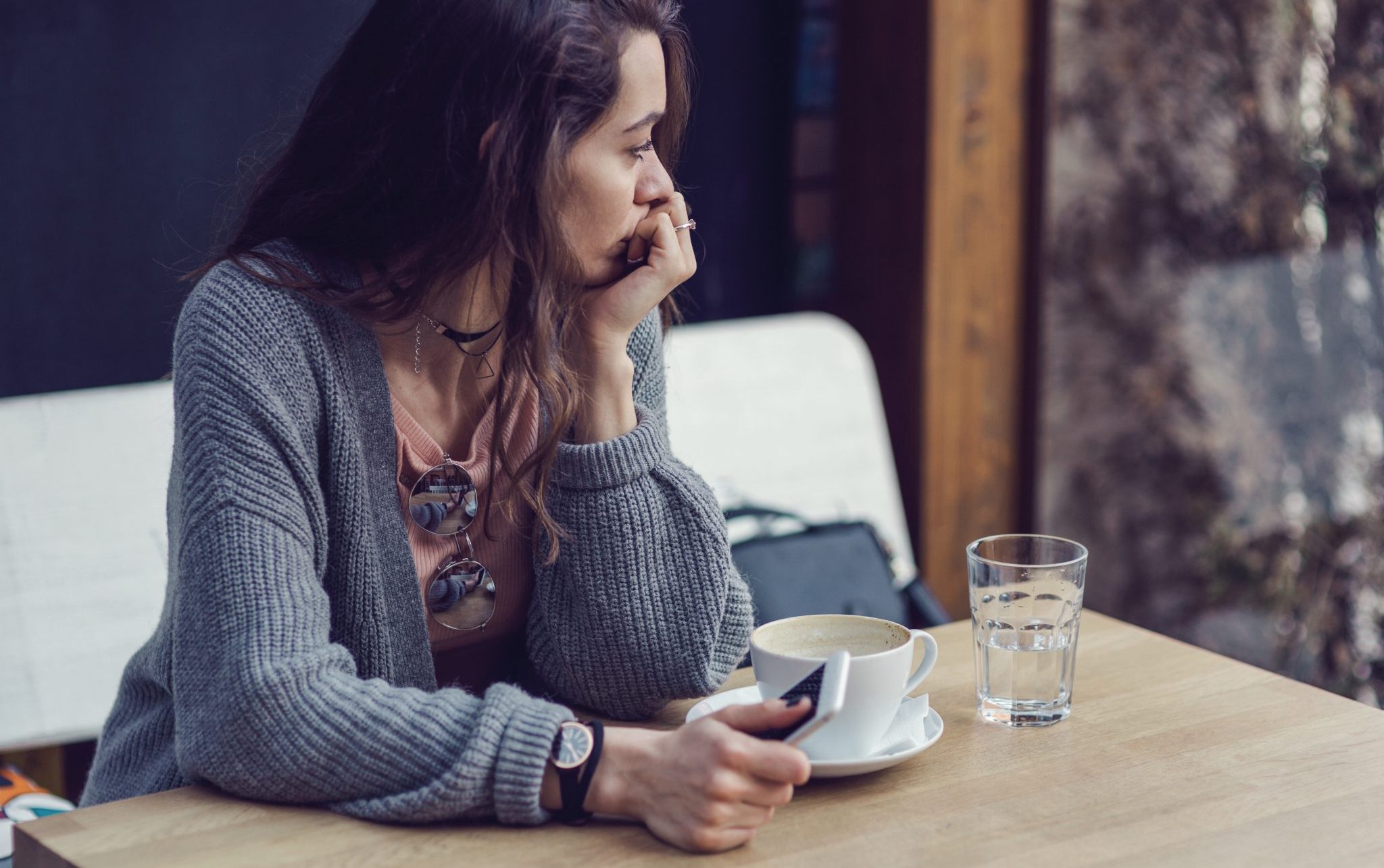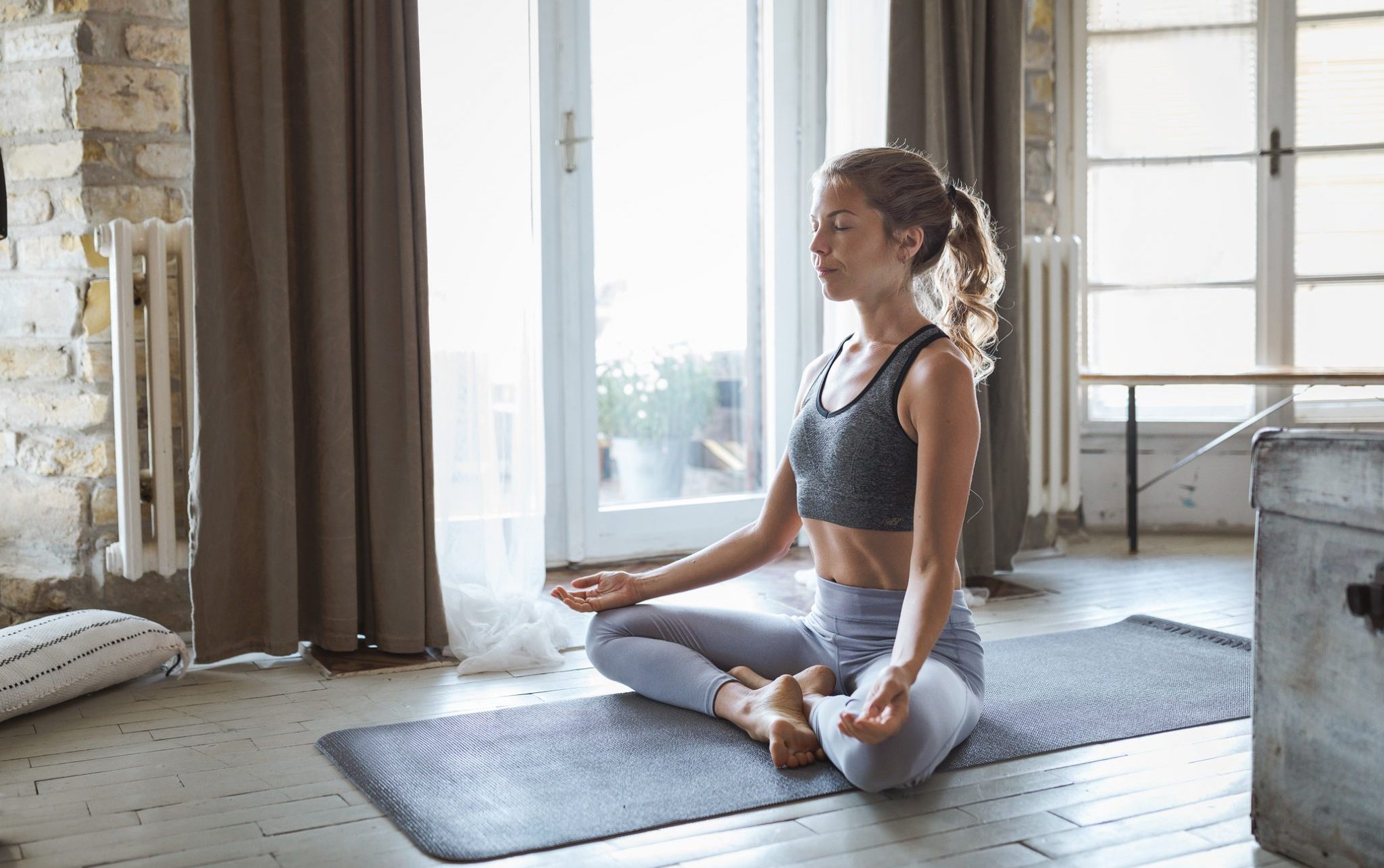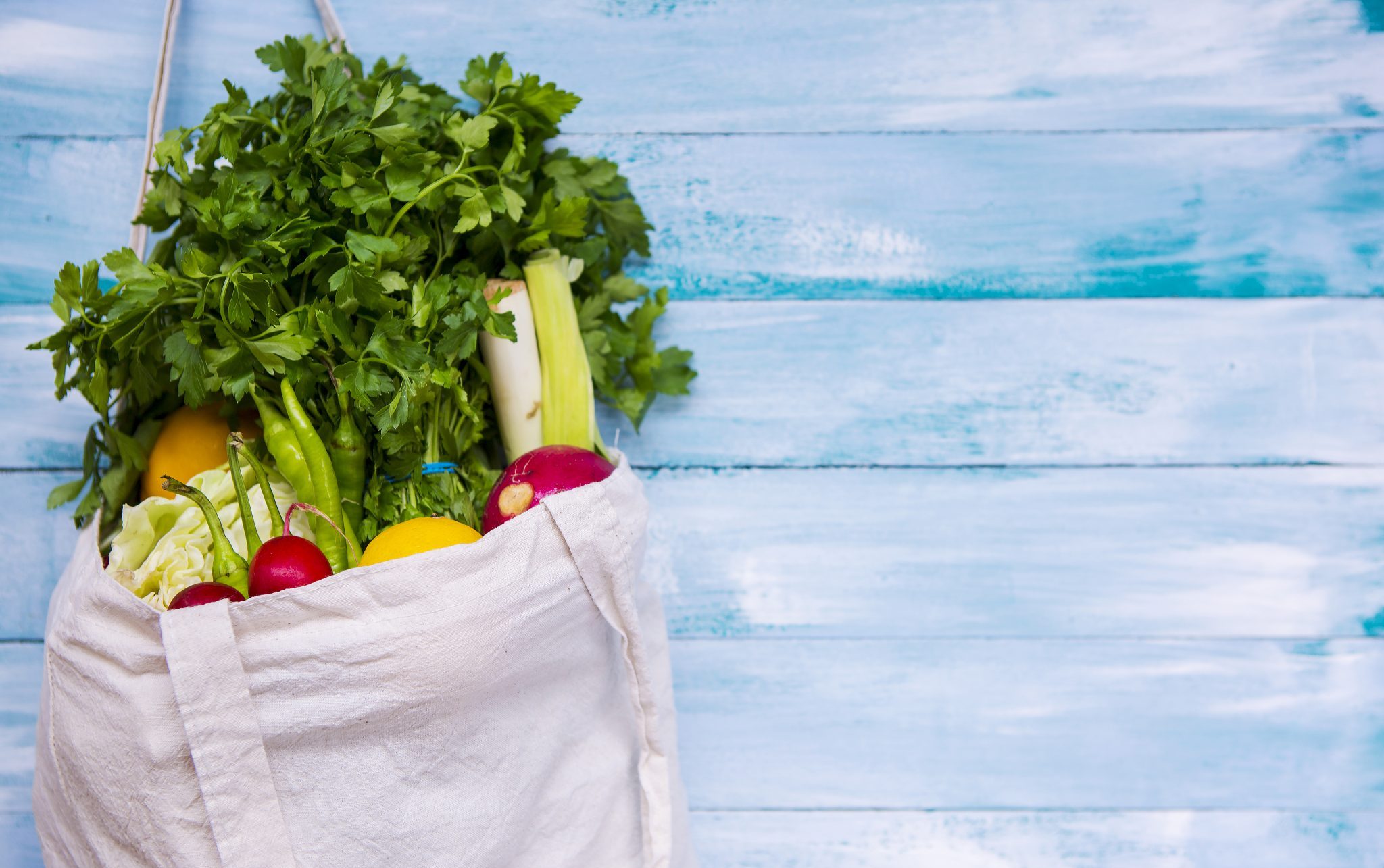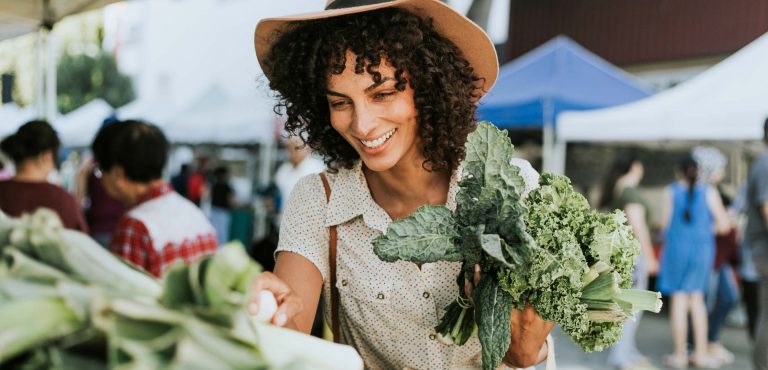It’s 11:15 am, and the refrigerator is calling, again. What will it be this time? A sandwich? Some cold cuts? Fruit? Or something much tastier but also so much more unhealthy. If you’re struggling with your diet and snacking habits right now, you’re not alone. In fact, according to one study, 52% of people reported snacking more due to the coronavirus crisis.
It might seem that our carefully planned diets, meal preps, and more have fallen to the side, in vain. And that all that hard work was for nothing. But don’t despair, just yet. During these challenging times, the compulsion to visit the snack cupboard 50 times a day is pretty normal (we’re guilty of it too). But that doesn’t mean there isn’t something you can do about it. Here’s why you’re eating so much and some tricks for what to do next.
Why Are You Emotionally Eating?
If our relationship with food was a Facebook status, it’d be “it’s complicated.” And it is. In theory, it should be simple. Food is merely fuel for the body. It allows it to do all the amazing things that it does. But, in reality, we know it’s so much more than that.
Food is integral to so many daily processes and rituals, it has close ties with the emotions and psychology. Think of all those family gatherings made better by a nice dinner. The ritual of cooking. A coffee with a friend or co-worker. When COVID-19 hit, many of these essential rituals fell to the wayside. And this is one reason why our diets have suffered during these stressful times, but why else. Let’s take a look.
1. Boredom
Before. Your day was filled with activities, hobbies and simply being busy. Now. You may find yourself spending more time at home, repeating the same tired old routines day in, day out. Food and eating is an activity that generates a pleasurable response within the body.
Whether it’s grabbing a bar of chocolate to satisfy your sweet tooth. Or a packet of salted nuts to help with that crunch craving. It kills boredom as your body is busy doing something. Studies show that boredom eating is done to prevent monotony, so it’s no surprise that during lockdown and the period of uncertainty afterward that we find ourselves eating more than usual.
2. Stress
During periods of stress, the body releases hormones to help us cope. And what could be more stressful than an invisible pandemic? One of the hormones the body emits is called cortisol. Known as the flight or fight response system, it aids the body in reacting when a threat is perceived.
This, after the initial high of the response, causes the body to feel tired. Why? The release of cortisol triggers the body to try to gain energy from its cells. This, in turn, creates a drop in blood sugar levels.
As the body attempts to restore itself, it releases a hormone known as the glucocorticoids. This makes you want to eat more. And more than likely, you’ll crave energy foods, such as sugar and carbs.
During long periods of stress, such as the current coronavirus situation, this can have an increased impact, leaving you feeling depressed and fatigued.
3. Lack of routine
It took a lot of hard work to get to where you were, and now it’s all ruined. Except it’s not. But, let’s rewind to why you might be feeling that way. Our days are filled with routines and rituals that are vital not only to how we structure our day, but our very being.
From our daily sleep schedule that helps us recharge physically and mentally, to a simple debrief coffee with a coworker, to the kids’ school routine, to work, to just about everything else. All this matters.
As coronavirus hit, we found these usual rituals and routines eroded and this created a deep anxiety and sense of insecurity. The result? The need for self-comfort. And the quickest way to that – food.
So, even if your diet was ok before, you might be struggling now. And this is especially true if you’ve had previous issues with food. Studies show that 40% people eat more when stressed and with a lack of routine, there’s no doubt the pressure is on.
How to improve your diet during the coronavirus crisis
Now that we know some of the reasons we’re more tempted than usual to grab a snack, what can be done about it? Should we give into the temptation to hit up the snack stash just one more time (one, we believe you).
No! A sedentary lifestyle isn’t good for your health and neither is a poor diet. As coronavirus has left us more confined and stressed than ever before, with abundant access to ‘goodies’, this is a real risk.
So, here’s what you can do about it.
Let go of the guilt
At the start of the pandemic, we all swore we’d take up new hobbies, get healthier, and become better versions of ourselves. But who actually did? Ok, maybe an enthusiastic few. But for the majority of us, it was a “good intentions” scenario.
However, no matter how natural it is, it’s likely that you’re feeling a little guilty about it right now, and this is compacted, especially if you do not see the health and fitness results you wanted, right now.
But, it’s time to let go of that guilt. This is an incredibly stressful time for all of us. And no one is perfect. So, no matter where you are in your wellness journey, accept that you are human. Give yourself a break, and don’t let extra stress pile on top of you.
Take it one day at a time
Even now, the news and regulations for COVID-19 are changing day by day, which can be scary. More anxiety makes us more likely to stress eat, so that’s why you need some anti-stress tips to help you make it through this pandemic.
The first step you can take is to take it one day at a time. Accept that we don’t know what tomorrow will bring, and we can’t change it. Then apply this theory to your eating habits. Forget that yesterday you had a ‘bad’ snack day. Focus only on the ‘good’ decisions you are making today.
Meditate and be more mindful
Even though we can’t get out as much as we’d like to distract ourselves from what’s going on around, it can be harder than ever to grab a peaceful moment to ourselves. The reason for this is the blurred lines between work and home life and spending almost 24/7 with our loved ones.
It can be a real battle to get at least five minutes of peace and quiet. But it’s vital you do. Make the time to sit down with yourself each day and meditate. Focus on the good in life, the things that you are thankful for, and your mood will improve.
It takes time, but even if you have to lock yourself in the bathroom and turn on the headphones for five minutes, it’s worth it.
Once you got your once a day mediation down, try applying this logic to food. Being more mindful about what you’re eating will help you reduce snacking on the whole.
Make a shopping list
While mind over matter is well and great, if you don’t have it, you can’t eat it. This step is so important to curbing those snacking habits and enforcing stricter rules. If you’re meal planning already and shopping less than usual, this might be as simple as being a bit stricter with yourself.
If not, it’s time you do. Meal planning at the start of the week is a great way not only to know what you need to buy in the shops, but to plan your budget and time for the coming week. Making a shopping list helps you cut down on the unhealthy snacks you bring into your house and overall, helps monitor your food intake.
While it takes a little getting used to, you’ll quickly find yourself a little more disciplined with your food choices and more in control of your life and body.
Look for healthier options
Ok, avoiding snacks is impossible. We get it. We’ve already visited the snack cupboard umpteen times today. But that’s no reason to lounge around with 3 packets of chips and some candy bars. No, no, no! Now is the time to get in the kitchen and experiment with new healthy snacks.
From the effortless, such as an apple, to elaborate shapes and designs, getting your snacks right is the key to winning in this quarantine. Healthy food strengthens your immune system and leaves you with better chances of fighting illnesses that come your way. This is why snacking healthy not only helps your waistline but your health too.


